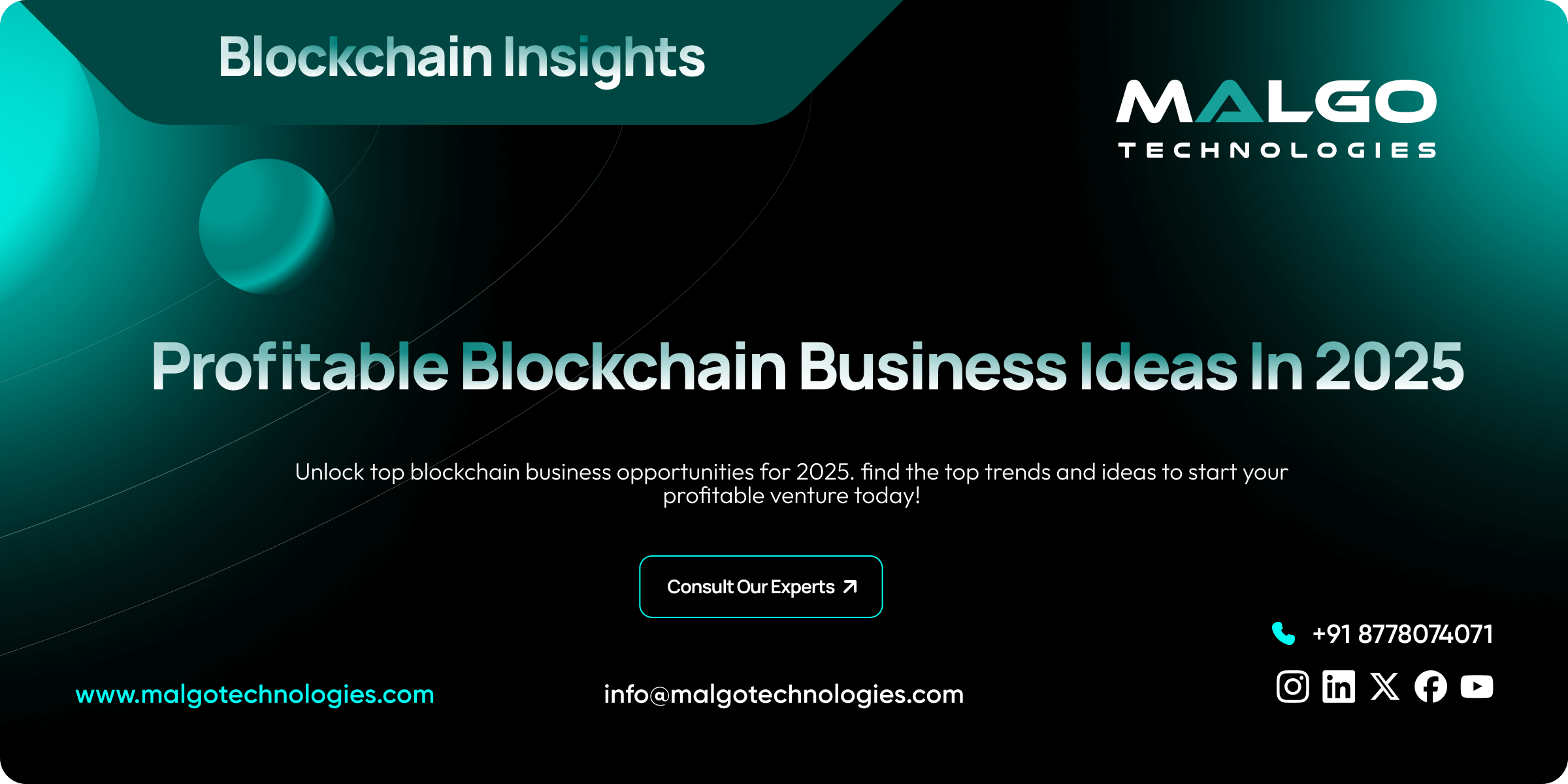Introduction to Blockchain Technology
Blockchain is a decentralized digital ledger that records transactions across multiple computers in a way that ensures security and transparency. Each transaction is stored in a block, linked to previous ones, forming a chain. The system operates without central authority, making it a popular choice for industries requiring data integrity and trust.
Key Concepts and Terminology
Decentralization: Unlike traditional databases controlled by a single entity, blockchain distributes data across multiple nodes.
Consensus Mechanisms: Protocols like Proof of Work (PoW) and Proof of Stake (PoS) validate transactions and maintain network security.
Smart Contracts: Self-executing contracts with terms directly written into code.
Public vs. Private Blockchains: Public blockchains allow anyone to participate, while private blockchains restrict access to specific users.
Immutable Ledger: Transactions cannot be altered or deleted once recorded, ensuring data integrity.
Benefits and Advantages of Blockchain
Security: Transactions are encrypted and distributed, reducing risks of fraud and cyberattacks.
Transparency: Every transaction is recorded on a shared ledger, increasing trust.
Efficiency: Automation through smart contracts eliminates intermediaries, reducing costs and processing time.
Traceability: Supply chains and financial transactions can be tracked with complete accuracy.
Current State of the Blockchain Industry in 2025
Blockchain adoption has grown significantly across multiple sectors. Financial services continue to integrate blockchain for secure payments, while supply chain management benefits from improved tracking. Governments explore blockchain for secure voting and identity verification. The rise of Central Bank Digital Currencies (CBDCs) further demonstrates its growing influence.
Blockchain Statistics 2024 and 2025
👉 The global blockchain market is projected to reach $94 billion by 2027, with an annual growth rate of over 66%.
👉 Over 80% of central banks are exploring central bank digital currencies (CBDCs).
👉 The DeFi market surpassed $200 billion in total value locked (TVL) by early 2024.
👉 NFT sales generated over $50 billion in revenue by the end of 2024.
👉 More than 60% of businesses have either integrated or are in the process of integrating blockchain technology.
👉 Blockchain-based cybersecurity solutions reduced data breaches by 30% in 2024.
👉 The number of active blockchain developers increased by 25% from 2023 to 2024.
Challenges and Limitations of Blockchain in 2025
Scalability Issues: High transaction volumes can slow down networks.
Regulatory Uncertainty: Governments worldwide are still developing clear policies.
Energy Consumption: Some consensus mechanisms, like PoW, require extensive computing power.
Integration Barriers: Businesses may face challenges incorporating blockchain into existing systems.
Future Trends and Predictions for Blockchain in 2025
♦ Increased Adoption of CBDCs: More countries will launch digital currencies for secure transactions.
♦ Integration with AI: Blockchain and artificial intelligence will work together for automation and data security.
♦ Expansion in Healthcare: Secure patient records and drug supply chain management will benefit from blockchain.
♦ Sustainability Initiatives: More eco-friendly consensus mechanisms will gain traction.
Profitable Blockchain Business Ideas in 2025
The blockchain industry continues to grow, offering new opportunities for businesses. Based on market analysis, the following ideas have strong potential. This list is based on current trends, but market conditions can change. Please conduct thorough research before starting any business.
List of Top 20 Blockchain Business Ideas in 2025
1. Decentralized Finance (DeFi) Platforms
Providing financial services such as lending, borrowing, and trading without intermediaries.
2. NFT Marketplaces
Platforms for buying, selling, and trading digital assets with proof of ownership.
3. Blockchain-Based Supply Chain Solutions
Enhancing transparency and efficiency in logistics and product tracking.
4. Cryptocurrency Payment Gateway
Developing systems that allow businesses to accept digital currencies.
5. Smart Contract Development
Creating self-executing agreements for various industries.
6. Blockchain in Real Estate
Secure property transactions and ownership verification.
7. Blockchain Identity Verification
Providing secure digital identity management solutions.
8. Blockchain in Healthcare
Ensuring patient data security and pharmaceutical traceability.
9. Gaming and Blockchain Integration
Developing games with blockchain-based ownership of in-game assets.
10. Tokenization Services
Converting real-world assets like art, real estate, and stocks into digital tokens.
11. Crypto Tax and Accounting Services
Helping businesses and individuals comply with cryptocurrency tax regulations.
12. Decentralized Cloud Storage
Providing secure, blockchain-based file storage solutions.
13. Blockchain-Based Cybersecurity Solutions
Protecting sensitive data through decentralized security models.
14. Blockchain-Powered Social Media Platforms
Developing social networks with decentralized data control.
15. AI and Blockchain Integration Services
Combining blockchain with AI for secure automation and predictive analytics.
16. Blockchain-Based Voting Systems
Creating transparent and secure digital voting platforms.
17. Decentralized Autonomous Organizations (DAOs)
Building organizations run by smart contracts without centralized control.
18. Carbon Credit Trading Platforms
Enabling secure and verifiable carbon credit exchanges.
19. Blockchain in Education
Verifying academic credentials and certification authenticity.
20. Cross-Border Payment Solutions
Facilitating low-cost and secure international money transfers.
Malgo is a Leading Blockchain Development Company, helping businesses integrate secure and scalable solutions. With expertise in decentralized applications, smart contract development, and enterprise blockchain solutions, Malgo supports businesses in adopting blockchain technology effectively.

